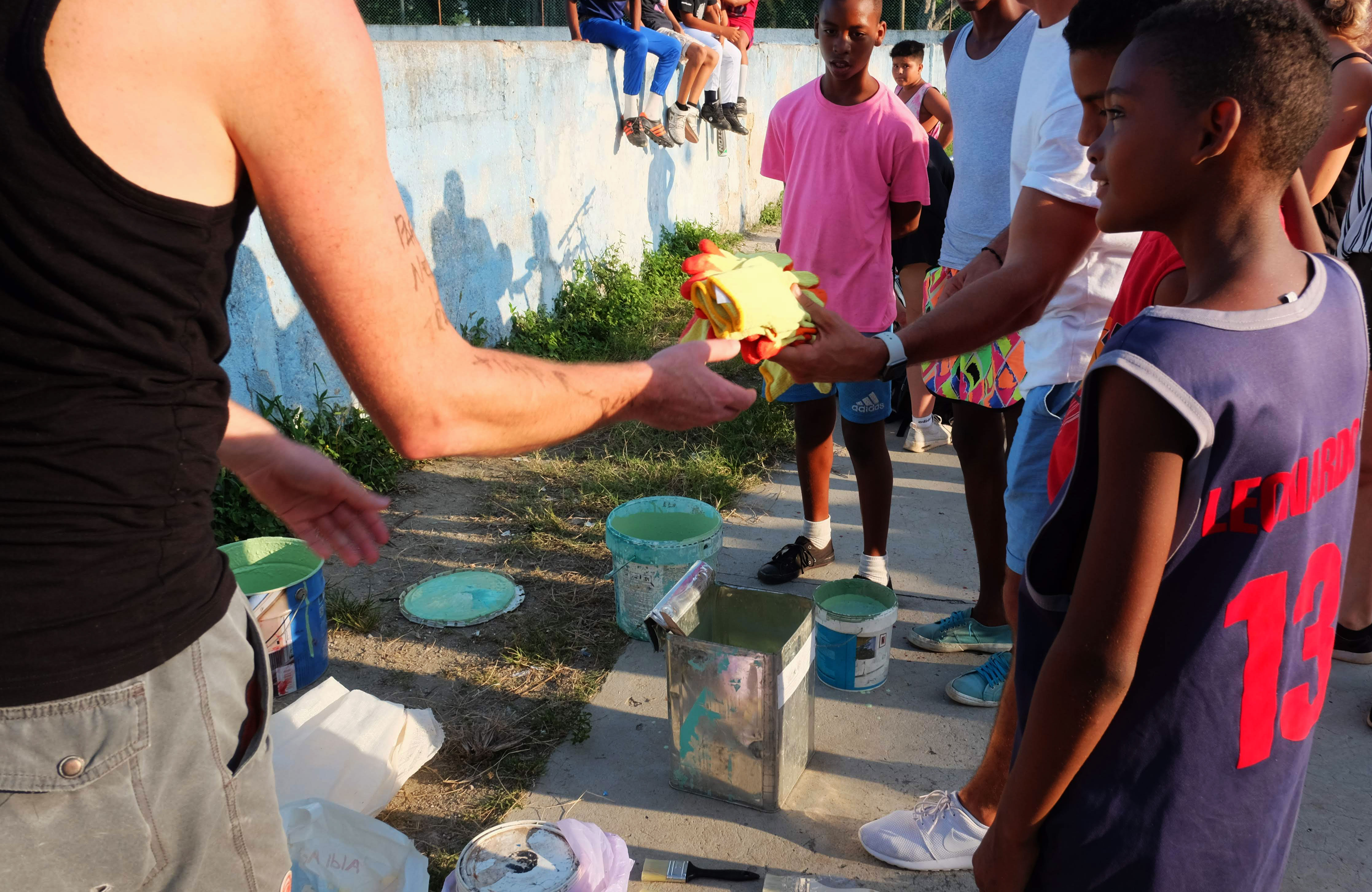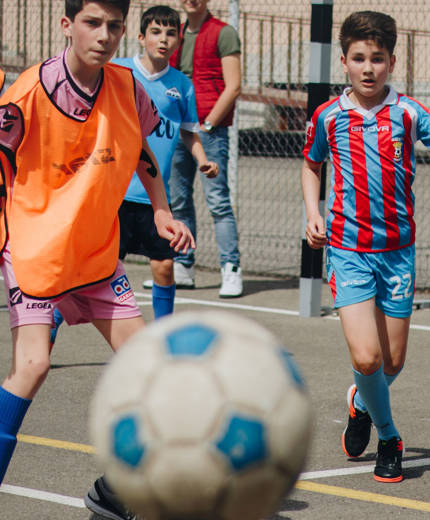Vrijwilligerswerk met kinderen en jongeren is een zinvolle manier om een verschil te maken in het leven van anderen. Kies ervoor om les te geven of neem deel aan een van onze projecten die kinderen van de straat en uit de buurt van criminaliteit houden. Maar vrijwilligerswerk gaat niet alleen over het helpen van anderen, het is ook een culturele uitwisseling die je veel kan leren over jezelf en de wereld om je heen.
Een verschil maken in lokale gemeenschappen
Vrijwilligerswerk bij sociale projecten betekent lokale mensen helpen, om ze een kans te geven op een betere toekomst, waarbij ze zichzelf kunnen helpen. Van lesgeven tot bouwwerkzaamheden, er zijn veel verschillende manieren waarop je als vrijwilliger een verschil kunt maken. We selecteren zorgvuldig de projecten waarmee we samenwerken, om ervoor te zorgen dat jouw bijdrage waardevol is voor de lokale gemeenschap en zowel korte- als langetermijndoelen helpt. Uiteindelijk is ons doel dat deze activiteiten de gemeenschap als geheel opkrikken.
Waar kan je vrijwilligerswerk doen en wat mag je verwachten?
Wij bieden verschillende soorten vrijwilligersreizen over de hele wereld aan, met projecten die zorgvuldig zijn uitgekozen om hun lange termijn en serieuze karakter te garanderen. Je kunt deelnemen aan gemeenschapsprojecten in landen als Ecuador, Argentinië, Zuid-Afrika en de Filippijnen.
Of je nu gepassioneerd bent door werken met kinderen of een verschil wil maken in de wereld door middel van een voedselreddingsprogramma, wij zijn er om je te helpen de perfecte vrijwilligersmogelijkheid te vinden. Onze reisspecialisten hebben waardevolle kennis over vrijwilligerswerk en kunnen al je vragen of zorgen beantwoorden. Neem vandaag nog contact met ons op om te leren waarmee je mensen kan ondersteunen en hoe je een positieve invloed op de wereld kan hebben.
Lees hieronder meer over onze projecten en ontdek hoe jouw vaardigheden en enthousiasme een verschil kunnen maken. Interesse in onze hulp? Neem hieronder contact op!
Contacteer ons


